EDITORIAL
Published on 27 Jan 2022
Editorial: Fundamentals of 21st Century Neuroscience
- 2,899 views
- 1 citation
74k
Total downloads
444k
Total views and downloads
Select the journal/section where you want your idea to be submitted:
EDITORIAL
Published on 27 Jan 2022
REVIEW
Published on 05 Nov 2021

ORIGINAL RESEARCH
Published on 13 Oct 2021
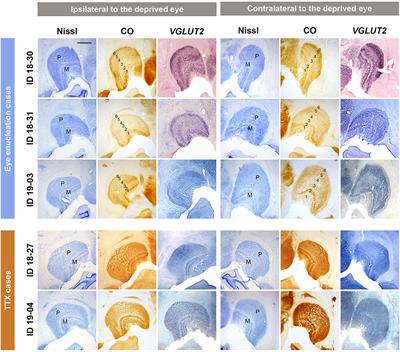
ORIGINAL RESEARCH
Published on 30 Aug 2021

ORIGINAL RESEARCH
Published on 04 Jun 2021

ORIGINAL RESEARCH
Published on 28 May 2021

MINI REVIEW
Published on 30 Apr 2021
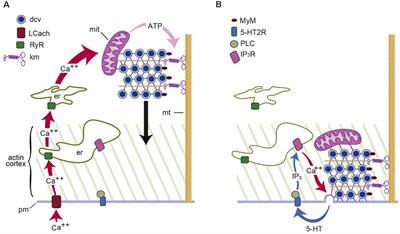
ORIGINAL RESEARCH
Published on 24 Feb 2021
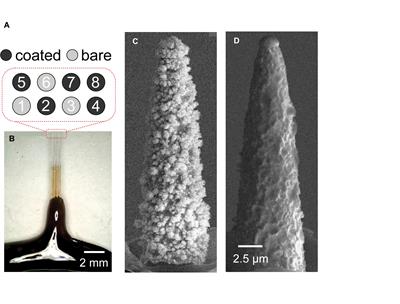
ORIGINAL RESEARCH
Published on 18 Feb 2021

MINI REVIEW
Published on 03 Dec 2020

REVIEW
Published on 19 Nov 2020
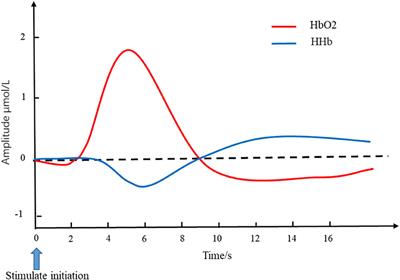
REVIEW
Published on 02 Sep 2020
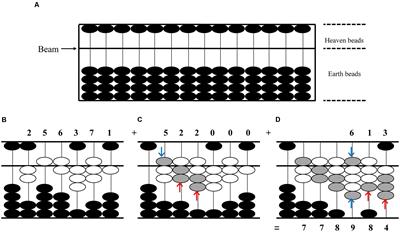

Frontiers in Behavioral Neuroscience
Frontiers in Bioengineering and Biotechnology
Computational GenomicsOffline
Frontiers in Cell and Developmental Biology
Frontiers in Cellular Neuroscience
Frontiers in Computational Neuroscience
Frontiers in Genetics
Frontiers in Human Neuroscience
Frontiers in Immunology
Frontiers in Integrative Neuroscience
Frontiers in Neural Circuits
Frontiers in Neuroanatomy
Frontiers in Neurology
NeurodegenerationOffline
Frontiers in Neuroscience
Frontiers in Pediatrics
Frontiers in Physiology
Frontiers in Psychiatry
Frontiers in Psychology
Frontiers in Synaptic Neuroscience
Frontiers in Systems Neuroscience